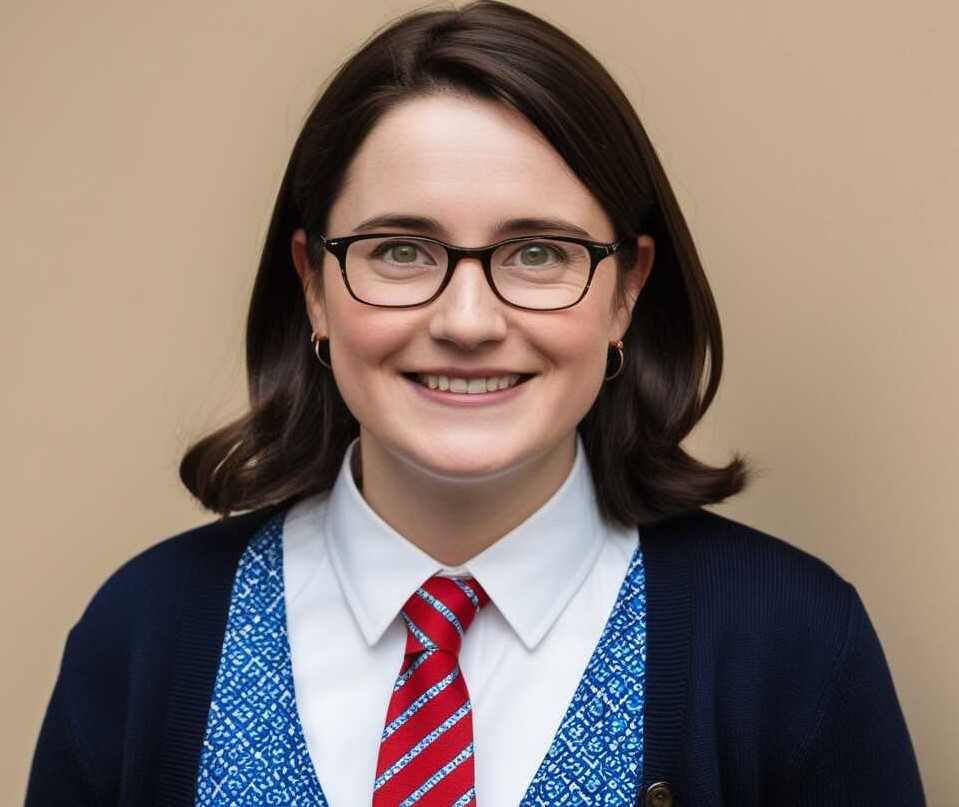The question of what is the plural of chief? often pops up in discussions of English grammar. While many people may get confused about whether it’s “chiefs” or “chieves,” the correct plural form is undoubtedly chiefs. But why is this? In this article, we will break down the meaning of “chief,” how to use it in singular and plural forms, and why chiefs is the right answer.
We will also explore the origin of chief, its usage in sentences, and some common misconceptions. By the end, you’ll be confident in using chief in both singular and plural contexts!
What Does “Chief” Mean?
The word chief refers to a person who holds a high-ranking position in a group or organization. It’s commonly used in many contexts like military chiefs, police chief, and tribal chief.
In essence, the chief is the leader or the head honcho of a group. They are responsible for making important decisions and leading others. For example, in the business world, a chief executive officer (CEO) leads the company, while in a tribe, the tribal chief holds the highest authority.
Key Examples of Chief Meaning:
- Police Chief: The head of a police department.
- Military Chiefs: The senior leaders of the armed forces.
- Chief Executive Officer (CEO): The highest-ranking person in a company.
Chief Singular and Plural
When we talk about the singular form of chief, we refer to just one leader or head of a group. For example, you might say, The chief of the tribe gave a speech.
The plural form of chief is chiefs, not chieves. This rule follows the common English pattern for words ending in f. In most cases, adding an s turns the word plural.
Singular vs. Plural Usage:
- Singular Usage: The chief decided the course of action.
- Plural Usage: The chiefs gathered to discuss important matters.
Why the Plural of “Chief” is “Chiefs” Not “Chieves”?
The plural of “chief” is chiefs because of how English handles the pluralization of words that end in f. While there are some words, like wife (which becomes wives) and knife (which becomes knives), that follow different rules, chief doesn’t change in this way.
The word chief comes from the Old French word chef, which also meant leader or head. Over time, the plural of chief simply became chiefs, following standard rules for words ending in f.
Why “Chieves” is Incorrect:
- Chieves is a common misconception due to how some other words pluralize, but it’s not the right form for chief.
- It’s important to stick with chiefs for the correct plural in both written and spoken English.
Singular and Plural Usage in Sentences
Understanding how to use chief in both its singular and plural forms can help you communicate clearly. Whether you’re talking about one leader or multiple, the correct usage will ensure your sentence is grammatically accurate. Let’s take a look at examples for both singular and plural usage to see how they work in context.
Singular Usage:
When you use chief in its singular form, it refers to one person or leader. Here are a few examples:
- The chief made the final decision.
- The chief of the military addressed the soldiers.
Plural Usage:
When talking about more than one chief, use chiefs. Here’s how to apply it:
- The chiefs of the department met to discuss the budget.
- Several chiefs from around the world attended the summit.
| Singular Example | Plural Example |
|---|---|
| The chief leads the team. | The chiefs lead the teams. |
| The chief is the decision-maker. | The chiefs are the decision-makers. |
READ MORE >>> 25 Professional Phrases to Say “I’m Open for Discussion” in Emails
Origin of “Chief”
The word chief comes from the Old French word chef, which means a leader or head of something. The word is also related to the Latin word caput, meaning “head.” This connection shows how chief has always been a word tied to leadership and authority.
Over time, as the language evolved, the word chief began to appear in English. By the 13th century, it was already used to describe the highest-ranking person in a group or organization.
Synonyms for the Word “Chief”
There are several synonyms for chief, depending on the context. Here are some common alternatives:
- Leader
- Head
- Boss
- Manager
- Director
- Principal
- Commander
- Captain
- Executive
Examples of Synonyms in Sentences:
- The leader of the group made a powerful speech.
- The manager handled the crisis efficiently.
- As the commander, he gave the order to move forward.
Chief Parts of Speech
The word chief can function as both a noun and an adjective.
- As a noun, chief refers to the leader or head of a group or organization. For example:
- The chief of the police made an announcement.
- The chief is responsible for the safety of the community.
- As an adjective, chief describes something that is the most important or primary. For example:
- The chief objective is to complete the project on time.
- Her chief concern is her team’s success.
In both forms, chief emphasizes authority, importance, or leadership, aligning with the leader role.
Pronunciation of Chief
The pronunciation of chief is straightforward: /tʃiːf/, which sounds like “cheef.” It’s a one-syllable word, making it easy to say in various contexts. The chief pronunciation stays consistent whether you’re referring to a police chief, military chiefs, or a chief executive officer (CEO). Ensuring the correct pronunciation helps maintain clarity in speech, especially when discussing leadership roles like chiefs or other authority figures.
Why Is There Confusion Over the Plural of Chief?
The confusion between chiefs and chieves arises from how English words form their plural. Many English learners assume words ending in f might follow an irregular pattern, like wife becoming wives. However, chief follows the regular plural rule of adding -s at the end, making the plural form chiefs.
This confusion may also stem from the various contexts in which chief is used, such as military chiefs, company leaders, or even tribal chiefs. The pluralization rule for chief remains consistent, despite the similar sound to other irregular plural words. By understanding the rule for plural nouns in English, you’ll see that chiefs is the only correct form in all contexts.
Common Misunderstandings:
- Some people mistakenly think the plural of chief is chieves, but this is incorrect.
- The confusion often occurs due to unfamiliarity with how chief is used as both a noun and an adjective, leading to different interpretations of the word.
Common Mistakes with the Plural of Chief
One of the common mistakes people make when using the plural of chief is incorrectly writing it as chieves instead of chiefs. This often happens because some other words in English, like wife (which becomes wives), follow an irregular plural pattern. However, chief is not one of those words. The correct plural form is chiefs.
Another mistake occurs when people are unsure of how to pronounce chief in sentences. Chief pronunciation is consistent regardless of whether you’re using it in singular or plural form. In contexts like police chief, military chiefs, or company leader, the plural always adds the -s to form chiefs.
Additionally, some might mix up the plural usage when referring to different leaders or bosses. Whether discussing multiple chiefs or a single chief, remember the word follows regular pluralization rules. Always use chiefs and avoid the incorrect chieves.
Frequently Asked Questions
What does Chiefs mean plural?
The word chiefs is the plural form of chief. It refers to multiple leaders, heads, or top authorities in various contexts, such as military chiefs, tribal chiefs, or chief executives. It signifies more than one person holding a leadership role.
What is a plural form of chief?
The plural form of chief is chiefs. Instead of adding an irregular suffix like -ves (which is common for words ending in f), chief follows the regular pluralization rule by simply adding -s to the end.
What is the plural of baby?
The plural of baby is babies. This word follows an irregular pluralization rule, changing from -y to -ies when pluralized.
How to pluralize chief of staff?
The plural of chief of staff is chiefs of staff. This follows the same pattern as chiefs, with the plural chiefs and the phrase of staff remaining unchanged. This form is used when referring to more than one chief of staff in an organization.
Is chieves the plural of chief?
No, chieves is not the plural of chief. The correct plural is chiefs. Chieves is a common mistake, but it is grammatically incorrect.
Is Chiefs of Staff correct?
Yes, chiefs of staff is correct when referring to multiple individuals who hold the position of chief of staff in different organizations or departments. The term chiefs of staff is used when talking about more than one person in this leadership role.
Conclusion
So, what is the plural of chief? It’s chiefs, not chieves. The word chief has its roots in Old French and Latin, and the plural form follows the common rule for words ending in f. By understanding this simple rule, you can confidently use chief and chiefs in both singular and plural usage.
Next time you’re writing or speaking about military chiefs, police chiefs, or any chief in charge, remember: the plural is always chiefs!

Welcome to PhrasesVeins, where Arabella Reed brings language to life. With a passion for grammar and phrases, Arabella offers unique insights to help you master language and enhance your expression. Whether you’re a language enthusiast or looking to improve your skills, Arabella’s work guides you through the beauty of words.

